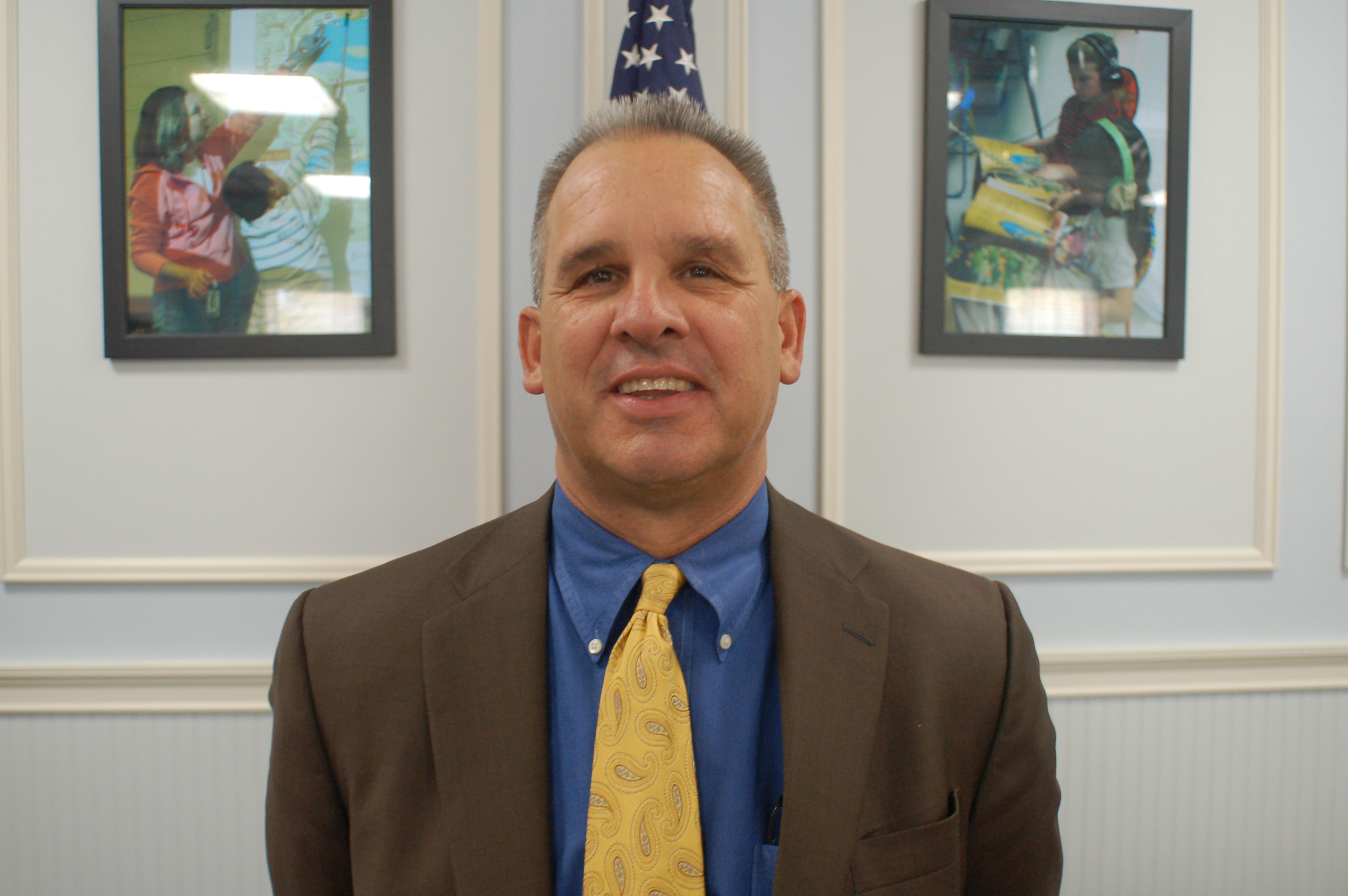Whitfield County schools in budget squeeze
Friday, January 1, 1904
Whitfield County Schools cuts for the next school year:• Lost ESPLOST revenue: $12 million• Austerity cuts: $10.5 million• Freeport Exemption: $2.2 million• Decreasing Tax Digest: $1.2 million• Teacher Retirement System: $1 million• Classified Insurance Increase: $912,000• State funding cut: $175,000• Total: $28 million
DALTON, Ga. -- As Whitfield County school officials are staring at nearly $28 million in funding cuts and increasing costs for the next school year, they hope a five-year, 1-cent sales tax will be voted in this summer to carry some of the burden.
But even if the referendum to restart the education special purpose local option sales tax is passed July 31, school board members are still looking at a possible spike in property tax.
"We're just trying to make it work," said School Board Chairman Louis Fordham.
At one of the series of public meetings to discuss funding challenges, student needs, burdens from debts and shrinking revenue, school officials outlined next year's bleak outlook for the school system on Thursday evening.
"We've cut muscle and we've cut fat and now we're down to the bone," said Superintendent Danny Hayes.
Along with other Georgia districts, Whitfield County has to reorganize funds to cover education cuts from the state. The school system has suffered a $10.5 million austerity cut, which is the state's amended formula adjustment that has been reoccurring since 2003, Hayes said.
Officials also outlined cuts in local funding like the county raising the freeport exemption to 100 percent, eliminating all tax on business inventory as of Jan. 1. The school system expected to receive $2.2 million in revenue from the tax.
Another challenge has been funding the capitol budget without the ESPLOST tax, which expired last year. Whitfield County is one of four Georgia counties currently without an ESPLOST tax.
But Fordham said even it the tax is approved the board may have to increase property taxes.
When that last special tax was implemented in 2007, the school approved a project budget up to $96 million, to fund several large projects including the building of three schools, officials said.
But the special tax, which earns about $1 million each month, would only earn $61 million over the five-year span, said the school's system financial director Ron Hale. Now the county needs to pay off a $35 million debt.
If the special tax is approved in July, officials plan to first use the revenue to pay off the $35 million then look at $30 million in projects that were outlined as critical needs, officials said.
Buckley & Associates, an architecture firm, evaluated school conditions in the system and came back with a list of critical needs that include: sewage upgrades, electrical upgrades, roof repairs, flooring replacement and other maintenance needs.
The rest of the revenue from the tax would go toward technology upgrades, officials said.
